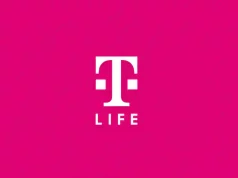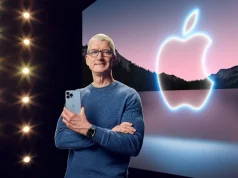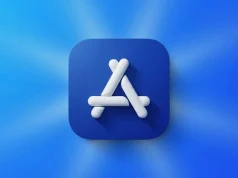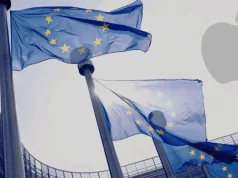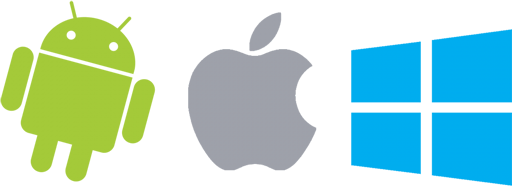Former Apple CEO John Sculley believes that OpenAI — the creator of ChatGPT — is Apple’s “first real competitor in many, many decades.”
Speaking at Zeta Live, an annual event hosted by marketing technology firm Zeta Global (which Sculley co-founded in 2007), he shared his admiration for Tim Cook’s leadership but noted that “AI has not been a particular strength” for Apple.
Sculley reflected on Apple’s early vision, explaining that in the 1980s, Steve Jobs saw personal computers as tools that empowered office workers by giving them quick access to knowledge. Today, he said, we’ve entered a new phase where AI agents can autonomously carry out workflows and handle “more and more of the heavy lifting” that knowledge workers once did with computers.
Where Apple’s revolution gave people intelligence through computers, Sculley argued, agentic AI is the intelligence — capable of performing the complex tasks once reserved for humans. “It completely changes the way we do business models,” he said.
A Shift Toward Subscription-Driven AI
Looking ahead, Sculley predicted that more companies will shift to subscription-based business models. Instead of selling tools that boost worker productivity, businesses will offer access to AI-driven solutions that operate independently with minimal human involvement. In this new “agentic era,” customers will pay for continuous use of these solutions rather than one-time products.
That shift could be a major challenge for Apple, whose ecosystem heavily depends on apps. According to Apple, the App Store facilitated $406 billion in developer billings and sales in 2024 — a model that might face disruption if users rely more on AI agents than individual apps.
Acknowledging speculation that Tim Cook may soon retire, Sculley said Apple’s next leader will need to prepare the company for a world where “we don’t need a lot of apps — it could all be done with smart agents working across workflow automation.”
OpenAI’s Push Into Devices and Hardware
OpenAI seems to be moving quickly toward that vision. At its DevDay conference on October 6, CEO Sam Altman announced that ChatGPT will now support apps inside the AI platform, with early partners including Figma, Booking.com, and Canva — allowing users to offload even more “heavy lifting” to intelligent agents.
Adding more pressure, OpenAI recently teamed up with Apple’s legendary former designer Jony Ive. In May, the company acquired Ive’s hardware startup, io, for $6.4 billion to collaborate on an Ive-designed, OpenAI-powered device. “If there’s anyone who can bring that dimension to the LLM,” Sculley said, “it’s probably Jony Ive working with Sam Altman.”
A Growing AI Powerhouse
OpenAI’s dealmaking streak doesn’t stop there. The company announced a new partnership with Broadcom to develop and deploy 10 gigawatts of OpenAI-designed AI accelerator hardware. Combined with existing deals with Nvidia and AMD — securing over 30 gigawatts of compute capacity in 2025 alone — OpenAI is rapidly building the infrastructure needed to dominate the next era of computing.
If Sculley’s prediction proves right, Apple’s biggest challenger in the decades ahead might not come from another phone or laptop maker, but from the AI agents quietly doing our work for us.


